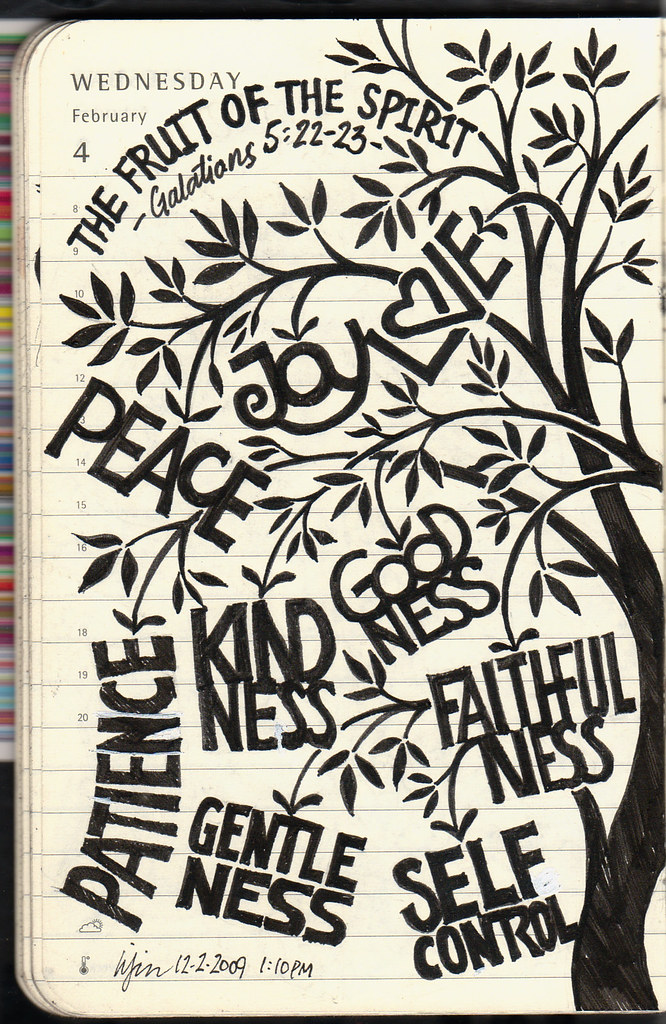 My big question is; what is worship? For some it is a
specific time, a specific place and following a specific pattern. For others,
it is the entirety of life, everything that a person does can be considered
worship. As we were discussing it, the general consensus was that anything
which glorifies God is worship.
My big question is; what is worship? For some it is a
specific time, a specific place and following a specific pattern. For others,
it is the entirety of life, everything that a person does can be considered
worship. As we were discussing it, the general consensus was that anything
which glorifies God is worship.
If we have such a simplistic idea of what worship is, then
why does worship become such a hot-button topic?
Within Christianity, Protestantism, Lutheranism, LC-C Lutheranism,
heck even within Good Shepherd Lutheran Church, there is a great divide over
what worship should look like. Our biggest concern is about what we want, not
necessarily a concern for why we do what we do.
What if we did make the why
our starting point? What would be the answer to the question “Why do we worship
God?”
My favourite answer to that question was “Because he said
so.” Mostly because that is so often our default answer to any why question is because I/he/she/you
said so! We accept whatever it is without argument and it becomes canon law.
In this case we can dig a little deeper and look at what God
actually says about worship.
Specifically I would like to look at what he commands us concerning worship.
It goes beyond just you shall not worship any other gods,
which I know is the commandment you thought of first, because it’s also the
commandment that I thought of first too! But we can see how all of the first three commandments really deal with how we worship God. Beyond just not worshiping other gods, we’re
reminded that in the first commandment we are called to fear, love and trust
Him. Worshiping God includes all of these elements, not just avoiding other
gods. It includes the way we treat Him in our everyday lives, the way we keep
from using His name in an inappropriate manner and instead we “call upon it in
every trouble, pray, praise and give thanks.” We worship God through the
respect we have for the Sabbath day; the fact that we want to take the
opportunity gladly hear and learn from God’s word.
These three commandments really do make up the core of what
worship is. When God commanded us to do these things, he did so knowing that it
was in our best interest to worship Him, and Him only. These commandments point
us towards a knowledge of his greatness and our weakness; they remind us of the
power held in his name. When we gather together in worship, often we do so
without remembering God at all. We do the same thing we’ve done every Sunday,
sit in the same spot, speak the same words, make the same confession, but we do
without remembering why we were commanded to do so. We don’t think of the fact
that we desire to hear His teachings, that we have the opportunity to give
thanks and praise Him, but we worship out of obligation, because He said so.
One of my favourite worship songs is by Matt Redman, and it’s
called “The Heart of Worship.” I like it because it speaks to me about this
very same issue. It reminds us that at the core of our worship, we need to
ensure that everything is about Christ. This goes beyond us confessing faith in
Jesus and instead involves us actually believing that and putting it into play.
When we worship, we need to take ourselves out of our comfort zone and worship
God without concern over what we’re getting. We will be receiving infinitely
more than we could ever possibly bring, but we aren’t there to worship
ourselves. We are there to be humbled and to be reminded of the sacrifice that
Christ made in order to provide us with all that we have, all that we are, and
all that we will ever receive. When we worship, we worship God, knowing that it's not about us anymore, it's about what we've been through Christ.
 |







